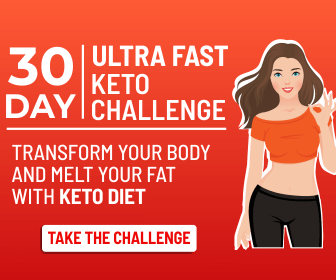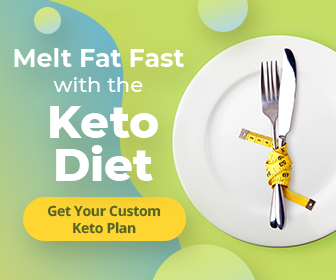The ketogenic diet, or keto for short, is a low-carbohydrate, high-fat, moderate-protein diet that has garnered a lot of popularity as a weight management technique in recent years. Is it, however, truly effective? If you’re thinking about adopting the keto diet for the first time, here’s what to expect as a beginner.
What Is a Keto Diet, Exactly?
The keto diet may appear to be new, yet it has been around for quite some time. It had its initial appearance in the 1920s. It was first prescribed by doctors to aid with epilepsy and diabetes. However, some people today follow the keto diet to lose weight.
Carbohydrates such as bread, pasta, and potatoes account for more than half of many Americans’ daily calories. To provide energy, your body breaks down the glucose (sugars) present in carbohydrates.
The purpose of the keto diet is to replace glucose calories with fat calories. Your nutrition is centered on fatty foods on a regular keto diet. They’ll account for anywhere from 60% to 80% of your daily calorie intake. Proteins account for 15% to 20% of the total. Carbohydrates are limited to 50 grams per day. As a result, it’s a very restrictive diet.
According to studies, people who follow the low-carb keto diet lose more weight in the first 3 to 6 months than those who follow a more balanced diet. However, because the keto diet necessitates significant dietary adjustments, it’s best to check with your doctor or a nutritionist to see if it’s good for you before you begin.
What is the Diet’s Mechanism of Action?
You’re consuming too few carbs to meet your body’s energy needs when you’re on the keto diet. As a result, your body begins to burn your body fat stores to provide energy.
When your body burns body fat for fuel, it produces ketones, substances made in your liver. Your body enters a metabolic state called “ketosis.”
If you follow the keto diet strictly, your body will reach ketosis in about 4 days. You will likely even see several pounds of weight loss the first week.


